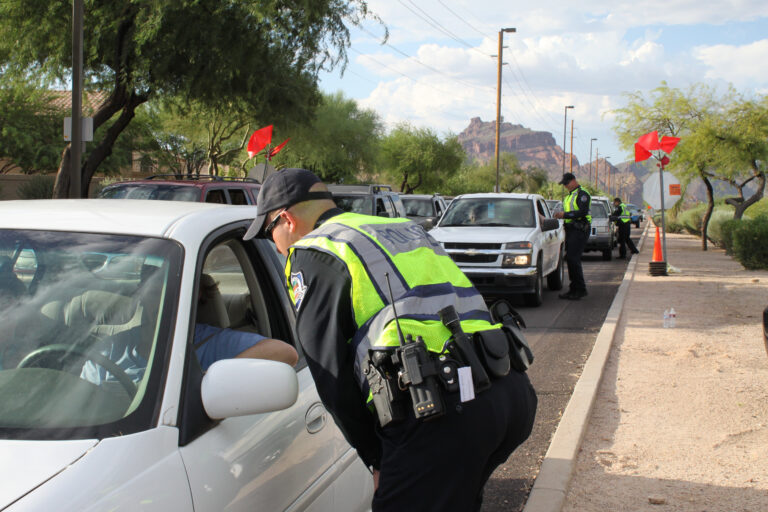Arizona Court Decision Aids Colorado DUI-D Accused Drivers

As the legalization of marijuana gains momentum across the United States, the complex issue of marijuana impairment while driving is becoming a focal point for law enforcement agencies. In Colorado, a stringent limit of five nanograms of THC per cubic millimeter of blood determines legal impairment by marijuana. However, a recent court case in Arizona has stirred the pot, so to speak, raising questions about the validity of such limits and their applicability in diverse legal contexts.
The case involved a motorist who swerved out of his lane, prompting a traffic stop. Upon interrogation, the driver admitted to having smoked marijuana earlier that day and was subsequently charged with driving under the influence of marijuana. Intriguingly, the driver was a registered medical marijuana patient, and his legal team argued that his marijuana usage was within the bounds of the law. Despite having a blood THC level of 26.9 nanograms, well beyond Colorado’s imposed limit, the defense contended that the absence of a presumptive impairment limit in Arizona law rendered the charge baseless.
The prosecution, however, cited Arizona’s 2010 medical marijuana law, which they argued mandated cardholders to prove their non-impairment through expert testimony. The Arizona Supreme Court, in a landmark decision, rejected this interpretation. They asserted that there was no established presumptive impairment limit in Arizona law, emphasizing the lack of scientific consensus regarding a definitive blood THC level indicative of impairment.
This legal dispute sheds light on the shaky scientific grounds upon which marijuana impairment laws are built. The inherent challenge lies in marijuana as a drug – its effects on individuals can vary significantly based on factors such as tolerance, frequency of use, and individual physiology. The driver in question, being a habitual marijuana user, had THC levels that far exceeded the limits set by Colorado and other states, even though he claimed not to be impaired.
The Arizona Supreme Court’s stance aligns with the growing understanding that establishing a universally accepted impairment limit for marijuana is a complex task. With marijuana being detectable in the bloodstream for extended periods, even after its psychoactive effects have worn off, determining an accurate measure of impairment becomes an elusive goal.
As we navigate the uncertain terrain of marijuana legalization, legal professionals play a crucial role in shaping the framework for addressing marijuana-related driving offenses. One law firm that has been actively involved in such cases is Thomas & Ahnell, LLC. Known for their expertise in criminal defense, Thomas & Ahnell, LLC has been at the forefront of advocating for fair and scientifically sound legal standards in cases involving marijuana impairment.
The involvement of Thomas & Ahnell, LLC in this evolving legal landscape reflects the broader legal community’s commitment to upholding justice while adapting to the changing norms surrounding marijuana use. Their expertise in navigating the intricate details of marijuana-related cases positions them as valuable contributors to the ongoing dialogue on setting fair and effective legal standards.
Conclusion
In conclusion, the case in Arizona exemplifies the challenges in establishing clear-cut standards for marijuana impairment while driving. With the scientific community yet to reach a consensus on a definitive impairment limit, legal battles like these will likely shape the future of marijuana-related driving laws. As we await further developments, legal professionals, including firms like Thomas & Ahnell, LLC, continue to play a vital role in ensuring that justice is served within the dynamic landscape of marijuana legalization.
Do you have further questions or concerns? Call us or contact the attorneys at Thomas & Ahnell, LLC, and we will be happy to help.

